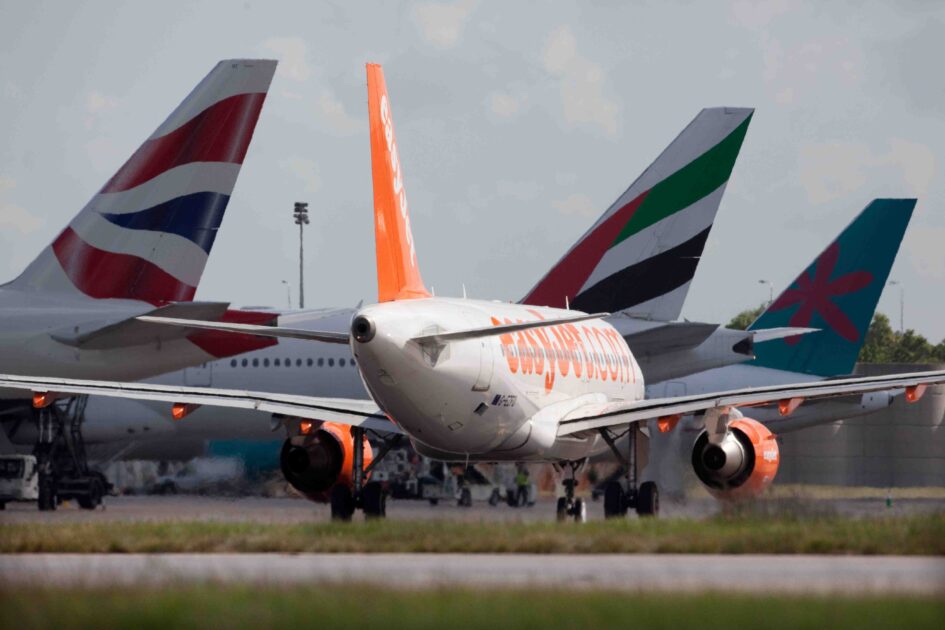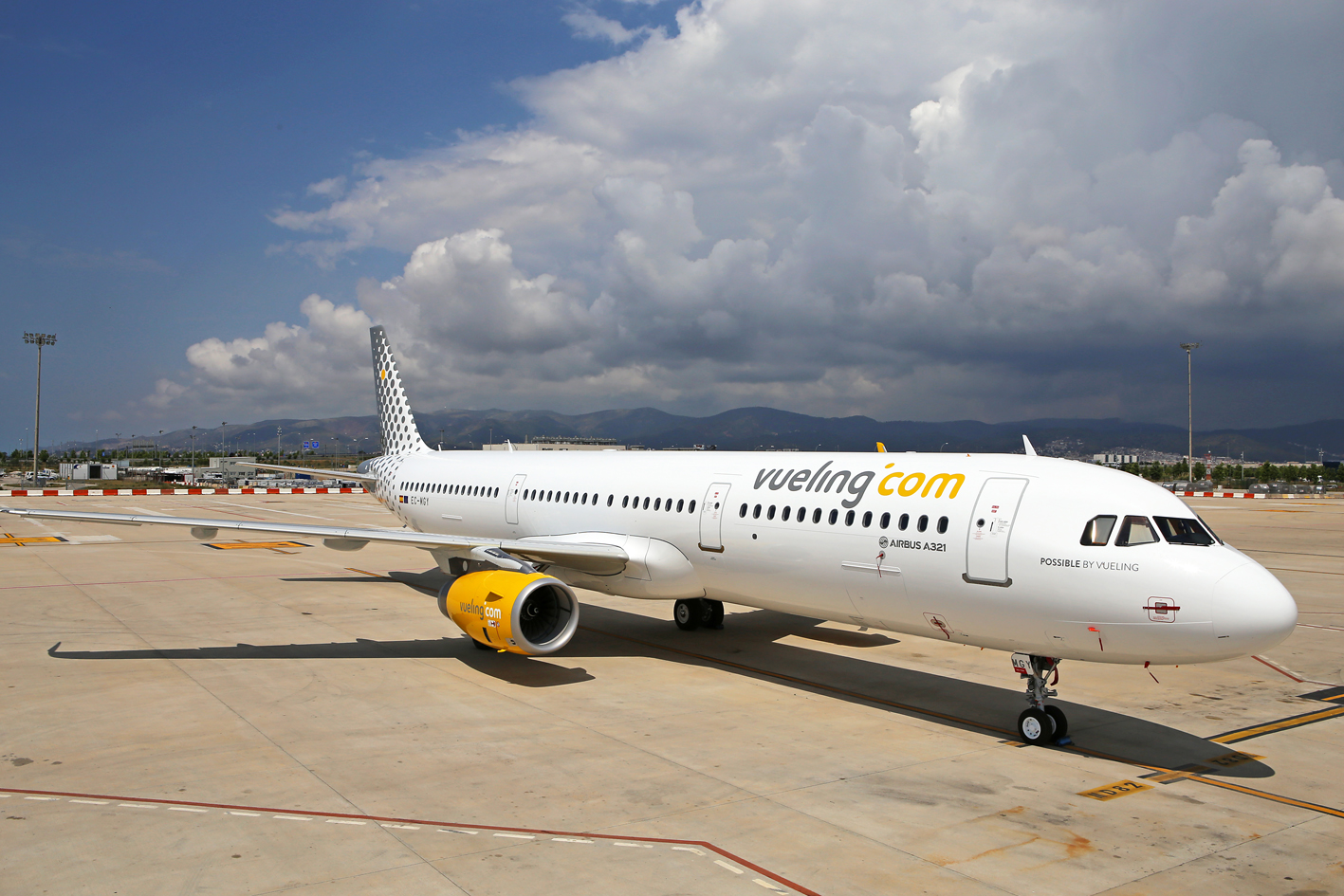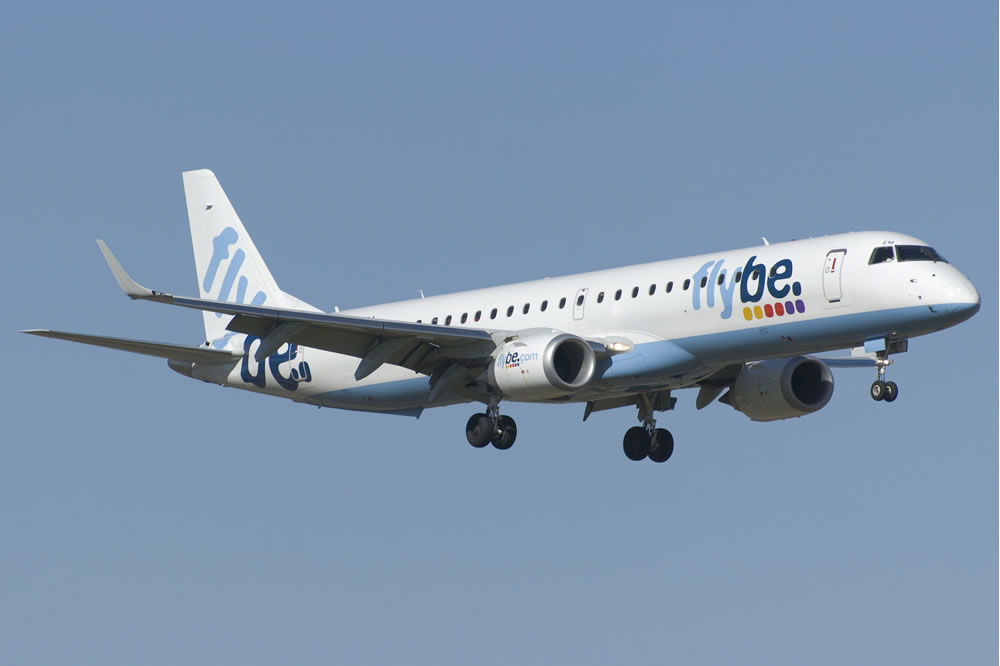While it isn’t a perfect outcome it’s also not the worst either. easyJet took a hit of UK£10m-£15m from the drone strikes at Gatwick last year.
The greater sum was the cost of £10M in ‘one-off cost incident’ as the airline describes it, coverieng ‘customer welfare’ – such as the transfer of passengers to alternative flights, transfers by road or rail to nearest available airports and compensation claims.
Unless easyJet has its own insurance for this kind of risk exposure (a conversation that is increasing among airlines and insurers to cover the enormous sums required to pay out in EU261/2004 and in most jurisdictions as a basic mandate), it will not recover that cost easily.
Customer welfare is only part of it. The drone/s impacted rostering of crews, and aircraft deployment and flight scheduling – having to park aircraft at short notice, having to re-organise and maximise available flight crews elsewhere in Europe to cope with the demand and congestion, as well as fees paid as passenger levies to individual bases (airports). Those disbursements or out of pocket expenses came in at £5M. Even so, it could have been even worse. After all, 400 flights were cancelled and 82,000 customers affected. It is likely the impact will reverberate in coming months as more compensation claims and fallout occur. So overall the cost of drones so far has cost easyJet £15M (USD19M).
Despite the drone crisis, the number of cancellations in first quarter 2019 were considerably lower at 764 compared to 1,051 cancellations in first quarter 2018, and if the drones had not appeared, this figure would have diminished further since it was the drones that accounted for the biggest number of cancellations.
So the unexpected drone crisis is offset by robust growth and stability.
Total revenue in the first quarter to 31 December 2018 increased by 13.7% to £1,296 million year on year. Passenger revenue increased by 12.2% to £1,025 million and ancillary revenue increased by 19.9% to £271 million.
easyJet enjoys strong customer loyalty with over 65percent of its customers rebooking within the previous two years. It has expanded into Germany with its share in Air Berlin and with brexit it has set up a European registered operation in Austria as well as adding 18 more bases in Europe. It will still retain its head office in the UK. At the Airport Operators Association annual conference 2018 easyJet UK country director Sophie Dekkers said ‘growth in Europe is off the radar’ meaning ‘off the scale’.
To defend against Brexit, the airline has put in place a spare parts pool in the EU27 and is transferring crew licences, both of which will be completed by 29 March.
easyJet also has a high load factor although it is down slightly year on year at 89.7% compared to last year’s 92.1% but still strong.
On time performance (OTP) continues to hover within values of the high 70s and 80s year on year. Compared to its global rivals it ranks number 14 with an overall 72.89% punctuality rating according to latest OAG rankings, which is above China Southern and higher than Lufthansa’s OTP.
Worldwide by easyJet is another international work in progress: a number of established longhaul partners have joined this initiative with Cathay Pacific announced as the latest addition to Emirates, Virgin Atlantic, Norwegian, WestJet and Singapore Airlines.
The project enables customers to book their connecting flights in a single hub portal through to their destination.
This avoids complex interline and codeshare agreements and procedures – the easyJet digital virtual hub makes it simple and efficient to book and connect, according to a company spokesperson.
easyJet also has its eye on Alitalia and may well put in an offer in a mergers and acquisition strategy according to comments made end of last year at World Travel Market by CEO Johan Lundgren.
But other risks may need to be taken into consideration over coming months: seating overcapacity in the market, leading to fare wars amongst LCC’s and further instability of a no-deal Brexit despite government assurances that flights between the UK and Europe will continue to take-off after 29 March. International Air Transport Association (IATA) is warning that 5 million extra seats might be cancelled by the EC regulators in Brussels in a no-deal Brexit scenario.
There is also the risk of further flight delays due to ATC congestion and controller strikes which hurt many European airlines at the peak of their summer schedules last year, fluctuating prices in oil and consequently jet fuel, as well as downward pressure on seat prices in economy on a global level. All airlines globally are suffering lower profits according to IATA’s latest report – equity markets have been volatile with global airline share prices falling by almost 10% in December. Globally airline shares fell 20% in 2018 under-performing the wider equity market of 11.3%.
But the good news for airlines is that premium passenger yields are rising – and this bodes well for easyJet since it enjoys 13M business passengers of a total 83M passengers a year.
And on that note, it is worth pointing out that easyJet’s passenger traffic overall increased by 15.1% in the latest figures – with 21.6M passengers flown in the three months ended December 2018 compared to 18.4M in the same quarter of 2017.







